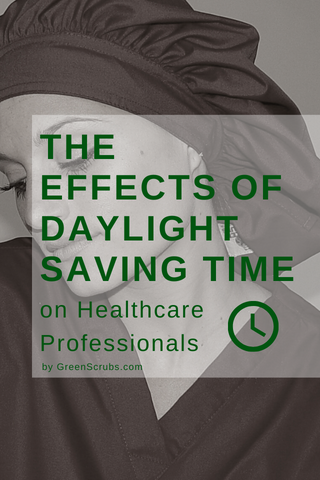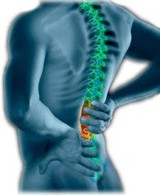Effects of Daylight Saving Time on Healthcare Professionals
Daylight Saving Time (DST) is a seasonal time change that affects many aspects of life, including health care workers. This practice involves setting the clock ahead by one hour in the spring and turning it back by one hour in the fall. While it was originally intended to save energy and make better use of natural light, DST can have unintended consequences for health care workers.
The effects of DST on health care workers are mainly related to their sleep patterns. Research shows that the transition to DST can cause a disruption in the circadian rhythm, which can lead to sleep deprivation and fatigue. This can be particularly problematic for health care workers who work long and demanding shifts that require a high level of attention and focus.
Sleep deprivation and fatigue can have significant negative impacts on health care workers' performance and patient outcomes. Studies have shown that sleep-deprived health care workers are more likely to make mistakes, experience accidents, and exhibit impaired decision-making abilities. This can result in lower quality of care, longer hospital stays, and increased healthcare costs.
Possible solutions to minimize the effects of DST on health care workers include:
- Gradual adjustment: Health care workers can gradually adjust their sleep patterns leading up to the time change. This can be achieved by gradually shifting bedtimes and wake-up times by 15 minutes per day in the week leading up to the time change.
- Strategic scheduling: Health care facilities can schedule their staff in a way that minimizes the impact of the time change. This may involve scheduling shorter shifts or providing additional breaks to allow for rest and recovery.
- Education and support: Health care workers can be educated on the effects of DST on their sleep patterns and provided with support to help them adjust. This may include access to resources such as sleep hygiene tips and relaxation techniques.
- Advocacy for change: Health care workers can advocate for the elimination of DST or for changes in how it is implemented. For example, some have suggested switching to a year-round DST or eliminating it altogether.
In conclusion, DST can have significant effects on the sleep patterns and performance of health care workers. While there is no single solution to this problem, a combination of strategies such as gradual adjustment, strategic scheduling, education and support, and advocacy for change can help to minimize the impact of DST on health care workers and ultimately improve patient outcomes.
At Green Scrubs, we believe looking good and feeling good go hand in hand. Providing awesome surgical hats may be our passion but keeping this community of health care heroes safe is our inspiration. We will continue to offer news and tips in the hope that they give some clarity and guidance.
Recent Posts
-
Lower Back Pain in Nurses: Causes, Treatment, and Prevention
Nurses are at a high risk of developing low back pain (LBP) due to the physical demands of their job
-
Dealing with Alzheimer's Disease as a Health Care Worker and protecting yourself from the onset of Alzheimer's
Alzheimer's disease is a progressive brain disorder that causes memory loss and other cognitive decl



